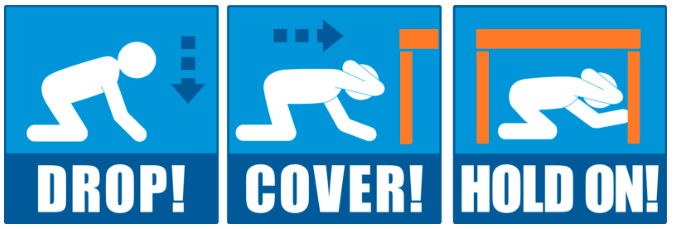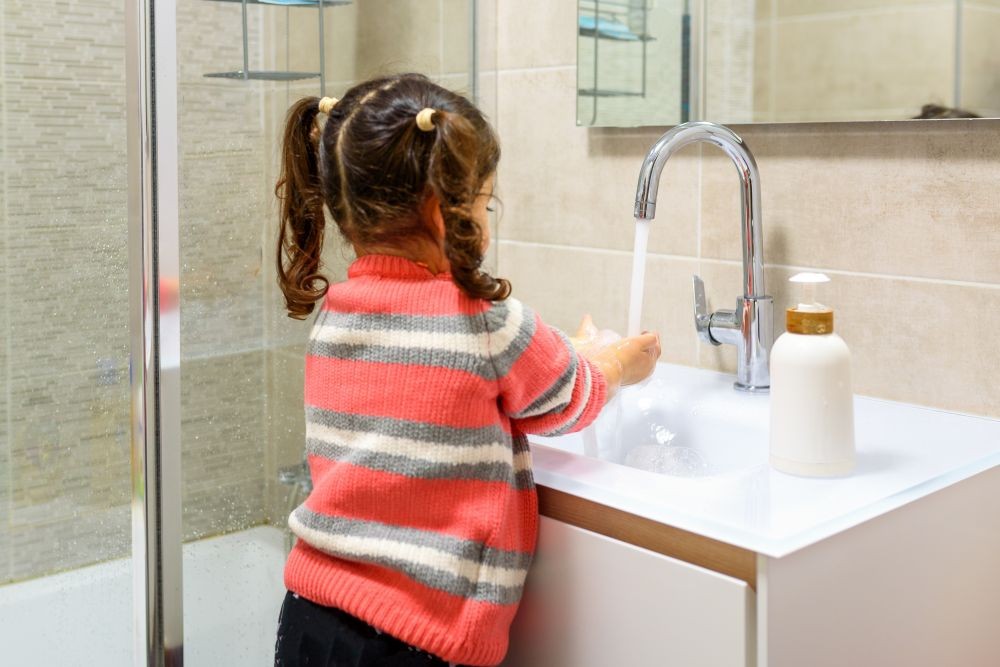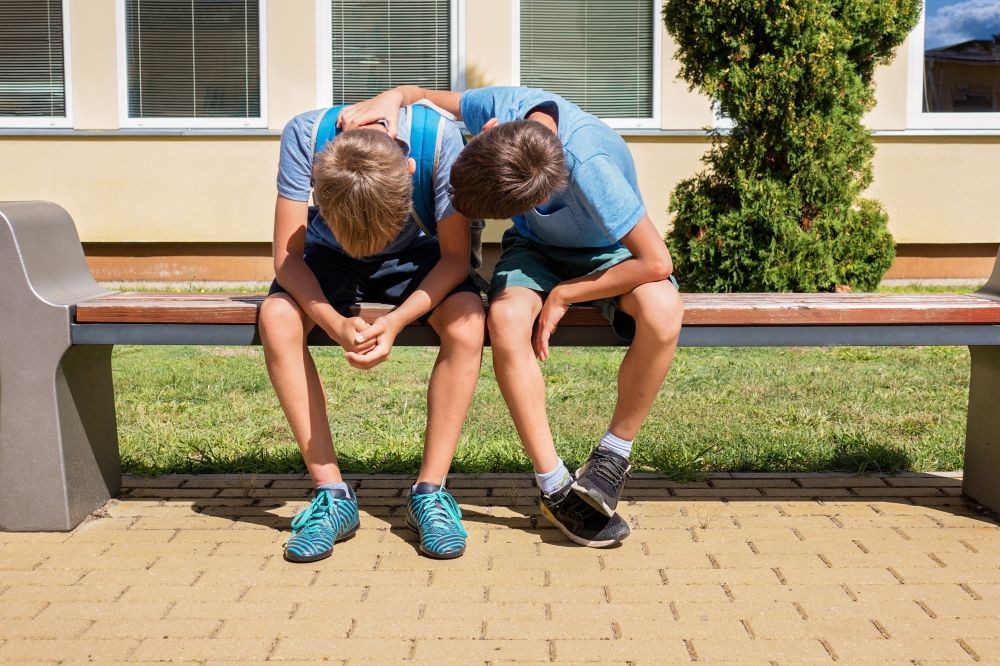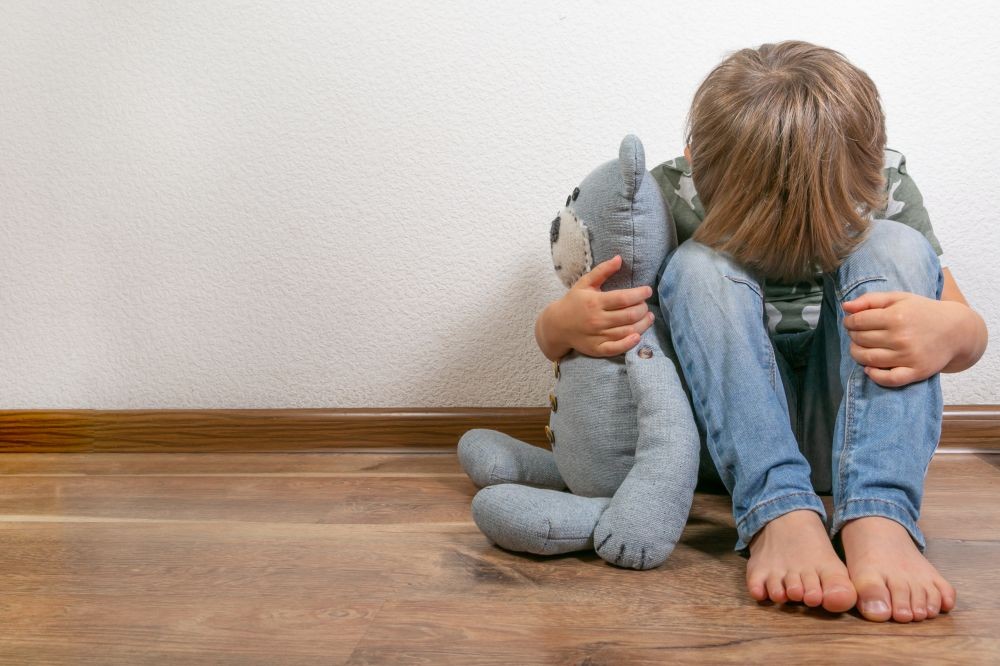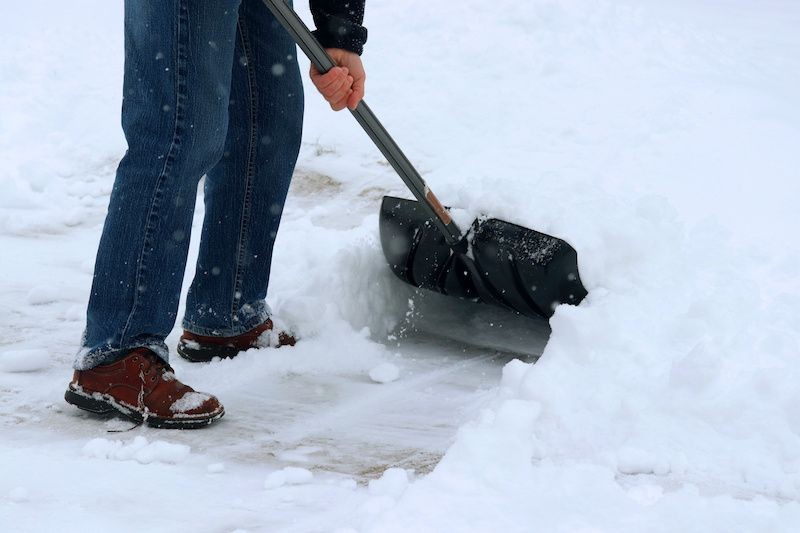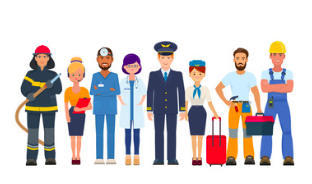Dear FMSL Community,
We are continuing to closely monitor the outbreak of COVID-19. We are utilizing the guidelines of the Utah Department of Health (UDOH) and the Centers for Disease Control (CDC) to guide and inform us through this process. We typically rely heavily on the expertise of these agencies on issues related to public health. We follow their recommendations closely and are grateful for their support in informing us about these important issues.
Margaret Mc Donald has taken point to coordinate our Emergency Operation Plan. Our plan takes into account the CDC and local governmental recommendations, the scope of the population infected within our state and city, and the current impact of the illness upon the school population. It includes prevention efforts, measures of action for social distancing, and a quarantine scenario. An overview of its tiered response measures is being drafted and will be shared with our community as soon as it is completed. We thank the members of the Health and Safety Committee who have been instrumental in its development and review.
The following are key points from our plan that we ask all members of our community to be attentive to:
Preventative Measures
You may be able to reduce the risk of spread of coronaviruses by taking the same steps as you would to prevent infection from the flu and the common cold:
- Wash hands often with soap and water. Use hand sanitizer if water is not available.
- Avoid touching your eyes, nose, or mouth with unwashed hands.
- Cover your mouth/nose with a tissue or sleeve when coughing or sneezing.
- Avoid contact with people who are sick.
- Stay home while you are sick and avoid close contact with others. Please note that we shall err on the side of caution and send all students and staff home should they fall ill at school.
Environmental Measures
Our teachers, custodians and cleaning service sanitize school surfaces regularly using health department-approved, environmentally responsible, and user-friendly chemicals to sanitize. The sanitizing of “high touch” areas is done daily throughout the flu/cold season. To date the UDOH has said, “Special sanitizing processes beyond routine cleaning, including closing schools to clean every surface in the building are not necessary or recommended to slow the spread of respiratory illness. Follow standard procedures for routine cleaning and disinfecting.” However, we have increased the frequency of the sanitizing of our high touch areas and additional areas can be targeted if the need arises.
Social Distancing Measures
Currently there are no restrictions on public gatherings and therefore school life is being conducted as normal. However, this situation is developing rapidly and FMSL staff is formulating plans and measures should the situation worsen. This includes “distance learning” should school closure become necessary.
Communication
We shall use our emergency notification system for Alerts if circumstances require your immediate action or attention. Otherwise our FMSL newsletter and email shall be our main method for weekly Updates; please note that while these updates will provide important information they are unlikely to require immediate action. So as to allow our teaching staff time to develop “distance learning” plans and put extra attention into the sanitizing of their classrooms we are limiting the Compass Weekly Reports to a general comment. Please note, this shall mean teachers will not be providing individual comments nor will they be uploading photos. We appreciate your understanding.
Stigma
Stigma and discrimination can occur when people associate an infectious disease, such as COVID-19, with a particular population or nationality. Fear and anxiety regarding coronavirus may lead to social stigma towards Chinese or other Asian Americans. We appreciate your help in ensuring that you are providing support and facts:
- Viruses cannot target people from specific populations, ethnicities, or racial backgrounds.
- Wearing a face mask does not mean that a person is ill.
- Show compassion and support for those who have been most closely impacted.
This is a rapidly developing situation and we recognize that our families are likely concerned and that you and your children may have many questions. State leaders have launched a website, coronavirus.utah.gov, to share accurate information about the virus and how the state is responding. We recommend that you utilize this resource to avail of the latest information. It has many helpful resources such as: how we can take proactive steps to stop the spread of germs, travel recommendations, frequently asked questions along with many other other community resources.
If your Spring Break plans include overseas travel we highly recommend that you check to see how your travel may be impacted and what extra precautions you should take to protect yourself.
We appreciate everyone’s continued attention and diligence in helping safeguard our students, their families and our whole FMSL community.
Flyers for the UDOH and CDC have been posted outside of each classroom and at the main entrances to the school. Additional copies are available in the front office for families to take, alternatively they are available below for your convenience

